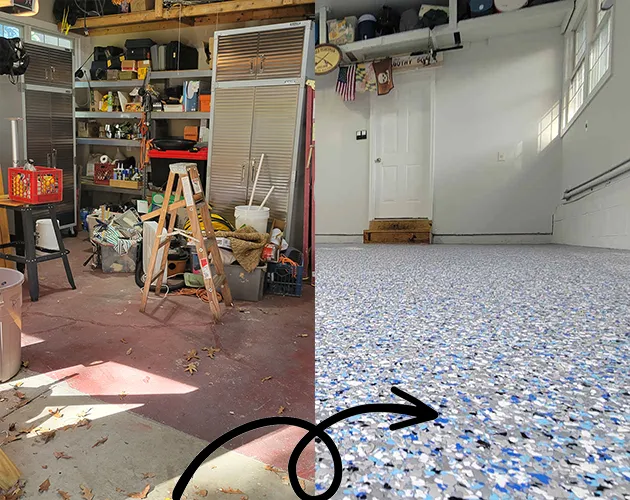 My friend, Carl, is a brewmaster. He recently posted an article on his blog talking about the construction of his new brewery. Specifically, Carl talks about the hardness of the concrete slab and how he had never gave concrete much thought before this project began.
My friend, Carl, is a brewmaster. He recently posted an article on his blog talking about the construction of his new brewery. Specifically, Carl talks about the hardness of the concrete slab and how he had never gave concrete much thought before this project began.
Concrete: It's Everywhere
It's funny how little we think about the most common construction material in the world. Concrete! Under our feet, under tires, over bodies of water - it's everywhere. Wikipedia states "Concrete is used more than any other man-made material in the world. As of 2006, about 7.5 billion cubic meters of concrete are made each year. That's more than one cubic meter for every person on Earth."
Wikipedia also mentions that our use of concrete is only exceeded by our use of natural water. I think that most of us, when asked to think about a huge concrete project, think of something like the Hoover Dam or the Chesapeake Bay Bridge & Tunnel system. We don't consider than nearly all construction projects have concrete involved.
For all of its strengths (compressive strength, longevity, and cost), it quickly falls prey to degradation from chemical attack, physical damage, and erosion. That's where protective floor coatings come to the rescue.
Why Coat Concrete Floors?
 At least once a week, I get asked "So why would I coat my concrete floor?" For most of our customers, there is at least some aesthetics involved. But, all coatings provide surface protection. In residential garage floors, that cool decorative chip floor coating is more than just for looks. It will help protect the wear path from daily driving, stop road salt damage, and keep oil from staining the surface.
At least once a week, I get asked "So why would I coat my concrete floor?" For most of our customers, there is at least some aesthetics involved. But, all coatings provide surface protection. In residential garage floors, that cool decorative chip floor coating is more than just for looks. It will help protect the wear path from daily driving, stop road salt damage, and keep oil from staining the surface.
A professionally installed garage floor coating makes the surface easy to clean, which is far more important than many people realize. How do people usually clean their garage floor? Pressure sprayer? Perhaps. Concrete surface cleaners purchased at the big box store? Sometimes.
Both of those cleaning methods actually break down the concrete's surface, leading to a floor that:
- Gets dirty faster.
- Is harder to clean the next time.
- Is more prone to further erosion due to water and road salt.
Our decorative chip, epoxy floor coatings, on the other hand, only require light spot cleaning.

A decorative chip, epoxy garage floor coating in Annapolis, Maryland.
My Concrete's Already Damaged! Can I Still Protect It?
The answer is most likely yes. After requesting a free quote on our website, our experienced territory managers will reach out to arrange a visit. From there, they can tell you for sure if your concrete is possible for us to coat. Often times, it's possible, but it may require an additional day depending on the severity of the damage.
While damage from road salts is not as common in Baltimore or Leesburg, we really see this kind of damage on garage floors from State College, PA down to Harrisburg. When we get requests from those areas, it's either a customer who needs a lot of concrete repair prior to the epoxy floor coating, or it's a customer who wishes to protect their new floor before road salts start damaging it.
It's rarely ever too late to coat a garage floor. STRONGHOLD FLOORS is usually able to fix the issues and create a beautiful and durable finished product.

A before and after shot of our garage floor coatings in a garage in Arnold, Maryland.
To all of our customers, the next time you see the neighbor waxing his car, be sure to ask him why he protects his vehicle (big investment) but doesn't take care of its parking spot (an even bigger investment). Even if he does have "very hard concrete" like my friend's brewery floor, it's only a matter of time before it becomes damaged.
Oh, and no, we're not coating Carl's brewery floors. That hard concrete is in Tennessee. Perhaps in the not so distant future, he'll open another location in Maryland or Pennsylvania. Virginia would be OK too. Hint, hint.






